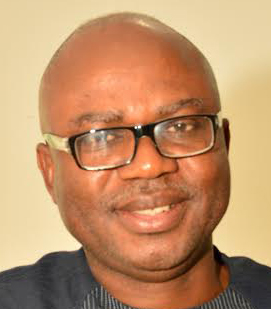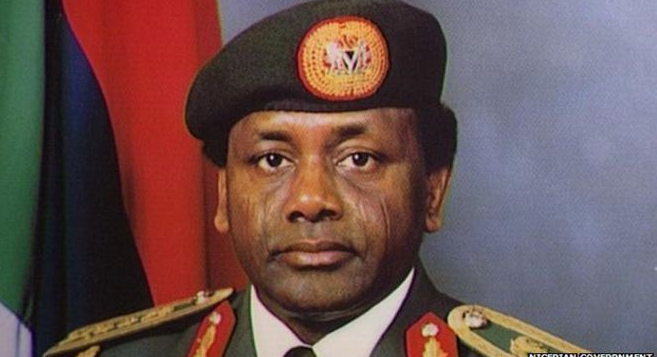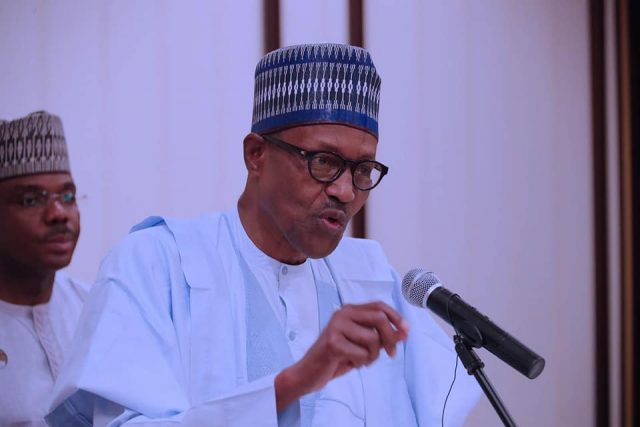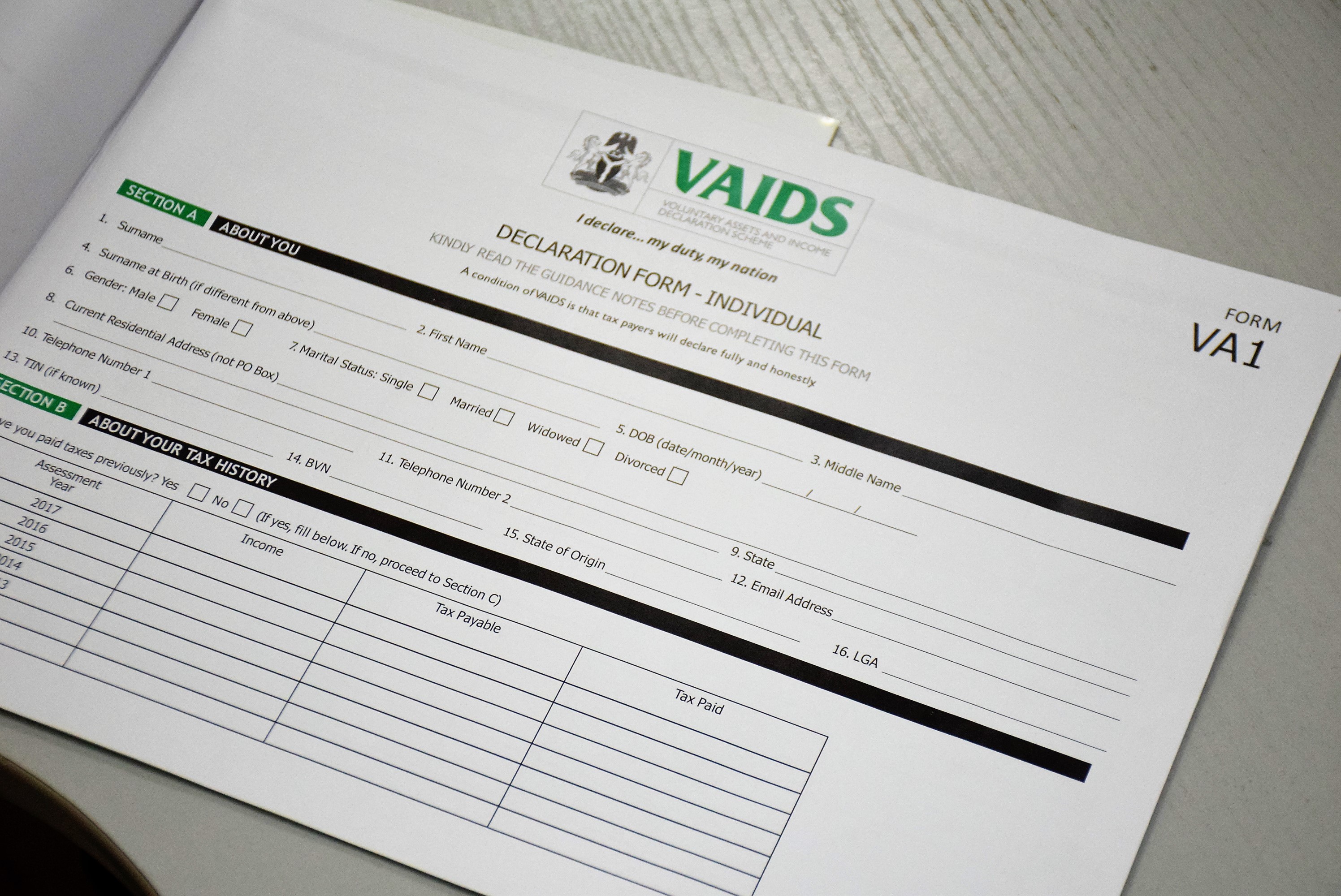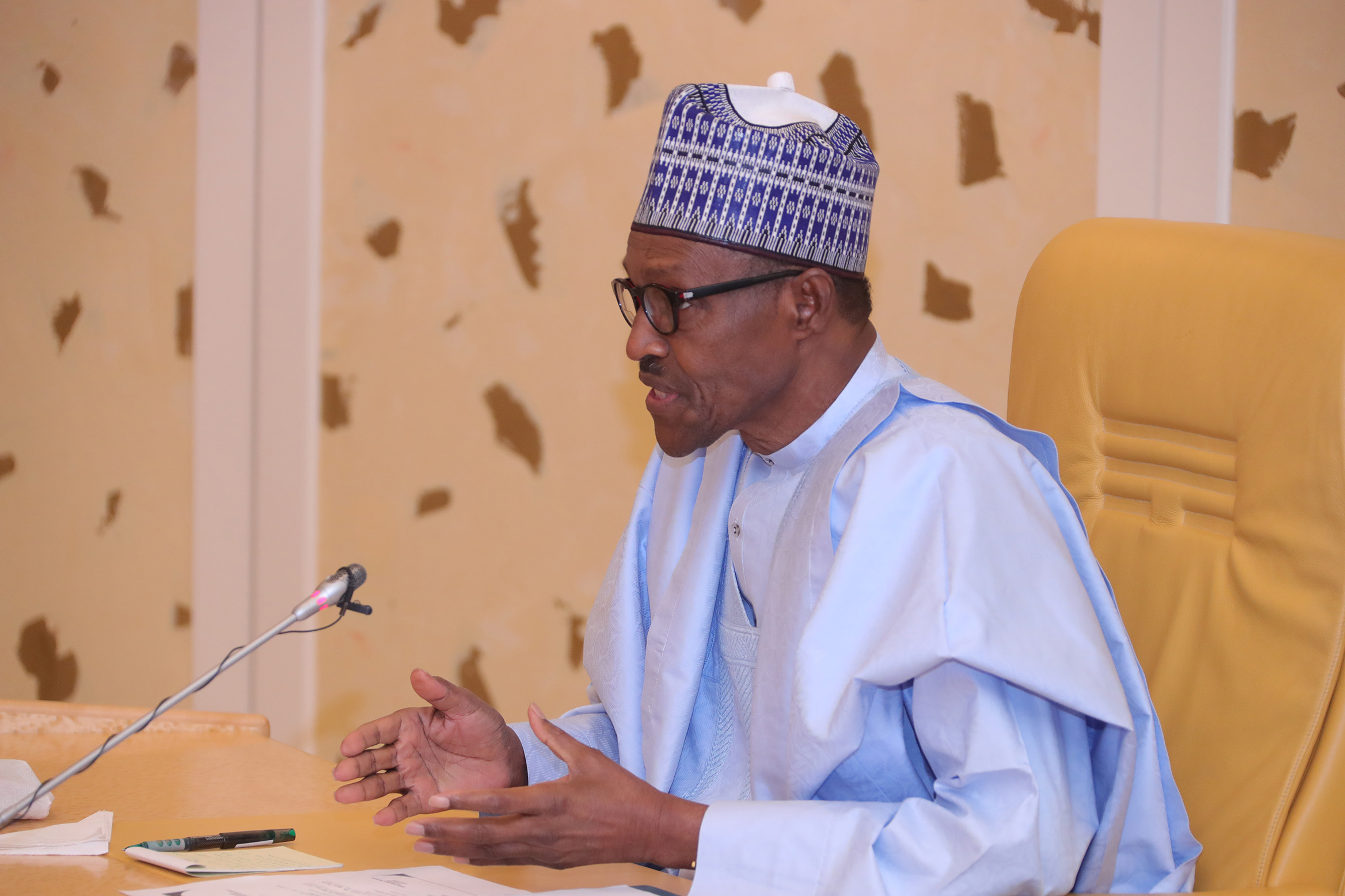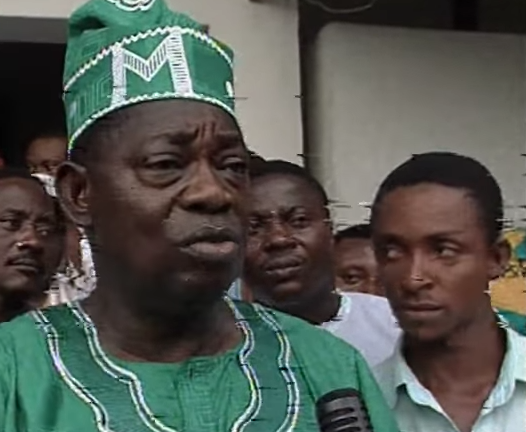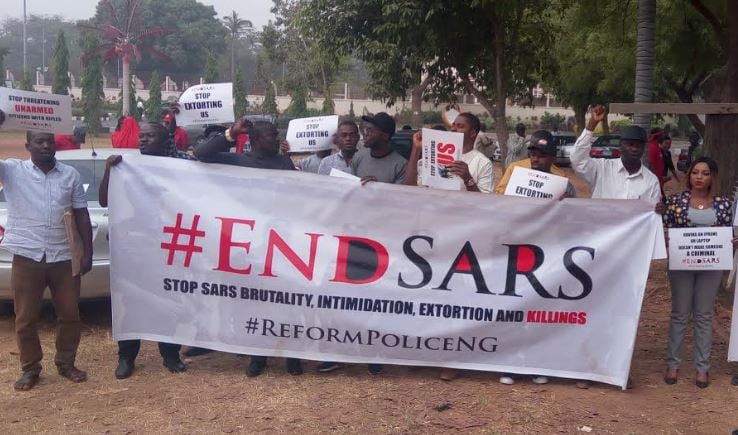Many who lost out in the politics of the 1990s would want Nigerians to believe that Gen. Sani Abacha was the greatest evil to have befallen the country. They are wrong. It took an Abacha to expose the average Nigerian politician as a fraud, a gangster, a selfish moron, and worse.
The generation of Nigerian leaders before us – the generation that fought a civil war – are perhaps the worst human beings ever created. They lie. They steal. They attempt to rewrite history at every given opportunity. I write as an authority on Nigerian politics for the past quarter-century – the period of the Gen. Ibrahim Babangida transition programme was my heyday as a journalist. I received first-hand information from the actors, and I participated in the June 12 struggle both as a news reporter and as an activist. Some other eyewitnesses have died, but many are still alive. And I feel it’s our duty to tell the truth and not mislead the younger ones who have been prevented from studying History as a subject in Nigerian schools.
Abacha came into the limelight as a brigadier in the army when he announced the coup that toppled the Second Republic on December 31, 1983. He helped Babangida to topple Major-Gen. Muhammadu Buhari on August 27, 1985, and helped to save Babangida from the Major Gideon G. Orkar coup of April 22, 1990.
Perhaps I should say that Babangida first exposed the character of the Nigerian politician, but Abacha removed all doubts. Unlike Buhari who said he had no plan to return Nigeria to civil rule, Babangida promised to hand over to politicians early, so long as they obeyed his transition programme. The gullible (or dishonest) politicians formed parties; Babangida (and his AFRC) rejected all of them and formed two parties to which every politician must belong: the SDP and the NRC. An egghead named Professor Humphrey Nwosu, as chairman of NEC, introduced Option A4. Things seemed to be working well, as IBB who had taken the title “President” remained the leader to whom elected governors, senators, House members and others reported. These strange democrats continued to play ball until it was time to conduct the presidential election.
Advertisement
Midway into the primaries of the SDP and NRC, Babangida and his goons stepped in and stopped the process. Shehu Yar’Auda was set to emerge SDP’s flag-bearer while Adamu Ciroma was almost set to fly the NRC’s flag. The “militricians” disqualified and banned several politicians, unbanned them and later banned some again.
Enter MKO Abiola into the race, and he emerged victorious at the SDP convention in April 1993. He picked the first runner-up in the SDP presidential primaries, Babagana Kingibe, as running mate. Bashir Tofa won in the NRC; he picked former governor of the Central Bank of Biafra, Dr Sylvester Ugo, as his running mate. The election proper took place on June 12, 1993.
While NEC’s Nwosu was releasing the results of the election, IBB and his minions [David Mark, Senate president from 2007 to 2015, was among them] moved again: they stopped him and then “annulled” the results. The announcement was made on June 23, 1993, throwing the nation into turmoil. Abiola entered his private jet and fled abroad. We protested almost everywhere in Lagos and some other south-west cities. On July 5, Abacha sent soldiers to the streets of Lagos and they killed 105 protesters. Gani Fawehinmi cried himself hoarse.
Advertisement
Following widespread discontent, IBB was forced to “step aside” on August 26. But he handed over power to an interim government headed by Chief Ernest Shonekan. IBB didn’t retire Abacha; he remained chief of army staff; and Shonekan was not the commander-in-chief of the armed forces. The propaganda minister, Uche Chukwumerije, was all the government needed to tackle its opponents.
Unelected Shonekan’s cabinet was full of Yoruba ministers – there were 17 of them – and talk of restoring Abiola’s mandate became muted. Everyone waited for a miracle. Nothing happened and even the presumed democrats were literally asking Gen. Abacha to step in. After 82 days, he struck – on November 17. He dissolved Shonekan’s cabinet along with the two political parties, SDP and NRC. The strange democrats still waited for Abacha to hand over power to the presumed winner of the June 12 election. Even Abiola’s running mate became a minister in Abacha’s government!
NADECO was formed, and it soon became a south-west affair. It advised Abiola to declare himself president. On the eve of the first anniversary of June 12, he declared himself president at Epetedo in central Lagos. Petrol tanker drivers went on indefinite strike and crippled economic activities. A battle line was drawn. When Abiola showed up on June 23, 1994, he was arrested and flown to Abuja.
Some NADECO chieftains went on exile as killings of their members started. Some were thrown into jail. As a reporter for The News/Tempo, I was in the home of Anthony Enahoro in Benin City when they came for him. Those that remained free continued to egg Abiola on: he should remain in jail and never renounce his mandate.
Advertisement
In 1995 a coup said to have been led by Col. Lawan Gwadabe was “uncovered”. Many prominent people including retired generals Olusegun Obasanjo and Shehu Yar’Adua, journalists like Kunle Ajibade, and rights leader Dr Beko Ransome-Kuti were implicated, “tried” and convicted. Luckily, Abacha later commuted their sentences, and those who were to face the firing squad were given a few years in jail.
In January 1996, Abacha’s first son died in a jet crash. On June 4, 1996, Abiola’s wife was assassinated in Lagos. When Obasanjo fell sick in jail, he refused to be injected. Yar’Adua died in custody in December 1997.
Abacha sat on the report of a constitution conference he had convened in 1994. His government registered five political parties all of which endorsed him [Abacha] as their presidential candidate. The parties had the strange democrats as leaders and members.
Just before he was to announce to the nation that he had accepted the endorsement of the five parties, he died suddenly in the early hours of June 8, 1998. Beer parlours filled up with jubilant youth, and vehicle drivers honked horns in Lagos and several other major cities.
Advertisement
Gen. Abdulsalami Abubakar took over. Abacha’s prisoners including Obasanjo regained their freedom. Abiola was still in jail. One thing led to another and Abiola also died suddenly on July 7, 1998, and many in Kaduna and Kano also struck their drums in celebration.
What killed both men has remained in the realm of speculation to this day.
Advertisement
Nigeria did not come to an end as NADECO had threatened. Abiola and his mandate were soon forgotten. As the democrats gathered again for politics, Abiola’s name was used as bargaining chip. PDP was formed, then ANPP too, and AC also. Obasanjo was pardoned, and he joined politics after expressing a lack of interest for some time. Abacha was a devil, he said. If he had known that he organised the 1966 pogroms against the Igbo in the north, he stated, he would have ensured that Abacha got sacked from the army. Obasanjo has remained a democrat.
Nwamu is the CEO of Eyeway.ng.
Advertisement
+234-8054100220 (SMS/WhatsApp only)
Advertisement
Views expressed by contributors are strictly personal and not of TheCable.
Add a comment
